How can we help our kids learn to love homework? We probably can’t, but we can definitely make the experience more manageable and, dare I say it, even enjoyable for all. Here are my tried and true homework tips:
Kids, even the big ones, need a routine. Choose a routine that works for your family and lay out the expectations in the morning. My go-to routine is come home, have a snack (or dinner), and get started on homework. Homework gets finished before it’s time to wind down. If kids have activities in the early evening hours, try and finish homework before the activity starts.
In terms of space, ideally your kids have a dedicated “homework station”. This can be a desk in a shared space in your home, the dining table, or kitchen island. Use a drawer or small bin to keep necessary school supplies handy. Unless the computer is needed for HW, all tech should be away and the TV should be off. (Too quiet? Here’s my favorite research-based mind music on Spotify to listen to while doing homework!) Having kids in a space that is not their bedroom, where you can see them and limit distractions, is key to homework success.
Have a system.
Do you have visual learners in your house? Use checklists or timers for homework tasks. This supports executive functions and gives kids a sense of urgency and feelings of satisfaction. To motivate your child to do their homework, consider creating a rewards system. Keep it small to start - each task completed equals 5 minutes of screen time. As they get older, maybe a week of completed tasks means an extended curfew on Saturday night. These tools fit perfectly into your routine and will be an added motivator to help homework time go smoothly.
“Do the worst first.”
I love this little saying, especially for the reluctant homework-doer. To put it to use, have your child choose whichever assignment they might find the most challenging and do it first. This way you can manage how much time they spend on it and they don’t end their evening on a sour note.
Be interested, but put down the pen!
Kids will do better and have a sustained effort in their homework if you’re interested in it. So, talk to your kids about their homework, let them explain it to you or teach it to you. Let them ask you questions. This is a great bonding time and a way to encourage learning. But, whatever you do, don’t pick up your pen and write for them. You can answer questions, show them an example, and help them organize their work. Doing the work for them takes away their opportunity to learn and their teacher’s ability to understand exactly what they need as a learner.
Stay positive, listen, and redirect.
If you have teenagers at home, I’m sure you’ve experienced this. Your child sits down to do homework and starts venting about how much they dislike a subject or task. To ensure that our learners will remain successful throughout their educational career, we need to validate their feelings with empathy. Coming from a place of understanding and acknowledging that sometimes chemistry is really hard is great. The next step is to redirect and help them get back on track. Saying something like, “I am so proud of how hard you’re working and I know you can do this task” will help motivate them to continue and will increase their resilience and perseverance.
Communication is key, right? When it comes to homework, we need to communicate with our kids about our expectations and routine. We also need to communicate with their teacher about what we’re noticing at home.
Maybe one activity took your second grader 40 minutes to complete or your sixth grader was frustrated throughout their entire writing assignment. Email your child’s teacher and let them know this happened so the teacher can follow up with and support your child. If your high schooler is doing over two hours of homework a night, it’s a good idea to help them advocate for themselves by emailing the teacher and asking for help.
And if your child communicates with you that they’re worn out, very frustrated, or stressed by the amount of work they have, it’s a clue they need your help with time management and working on coping skills.
Never skip a Friday!
I think my favorite (and hardest to achieve) of all the tips is to never skip a Friday. Yes it’s the start of the weekend and we’re so excited to relax, but if you can hang on to that routine for an extra hour or two, I promise your Sunday night self will thank you!






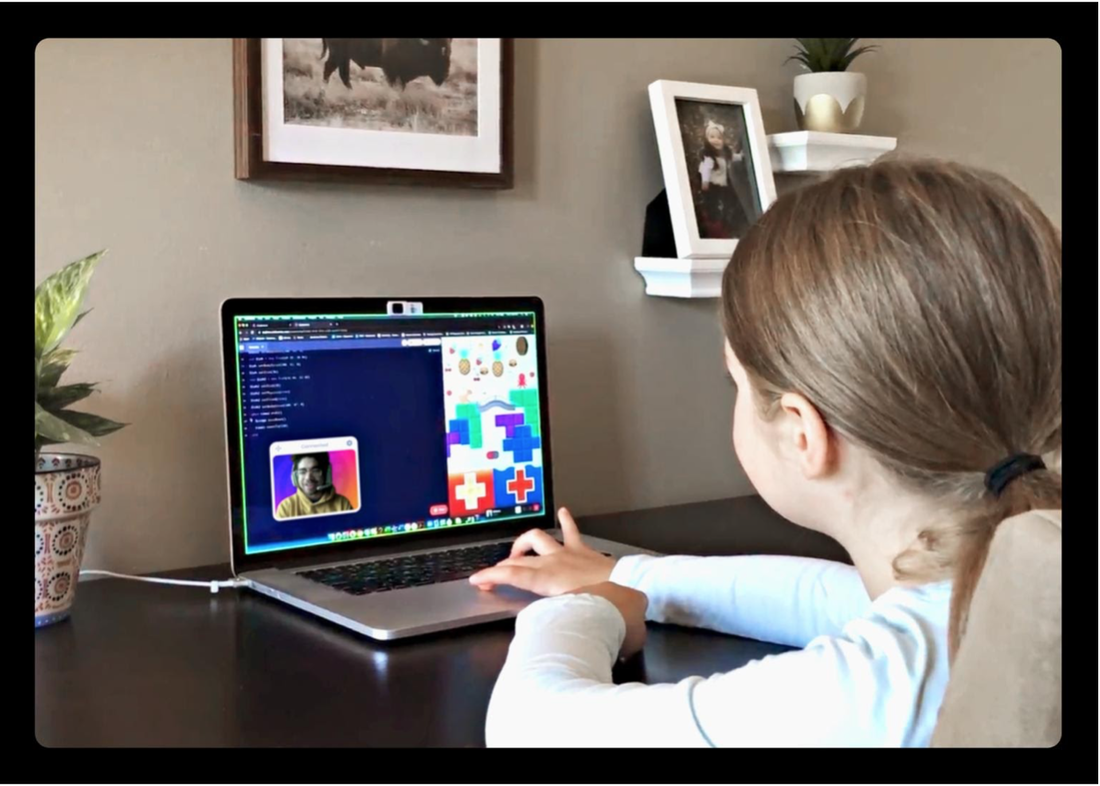
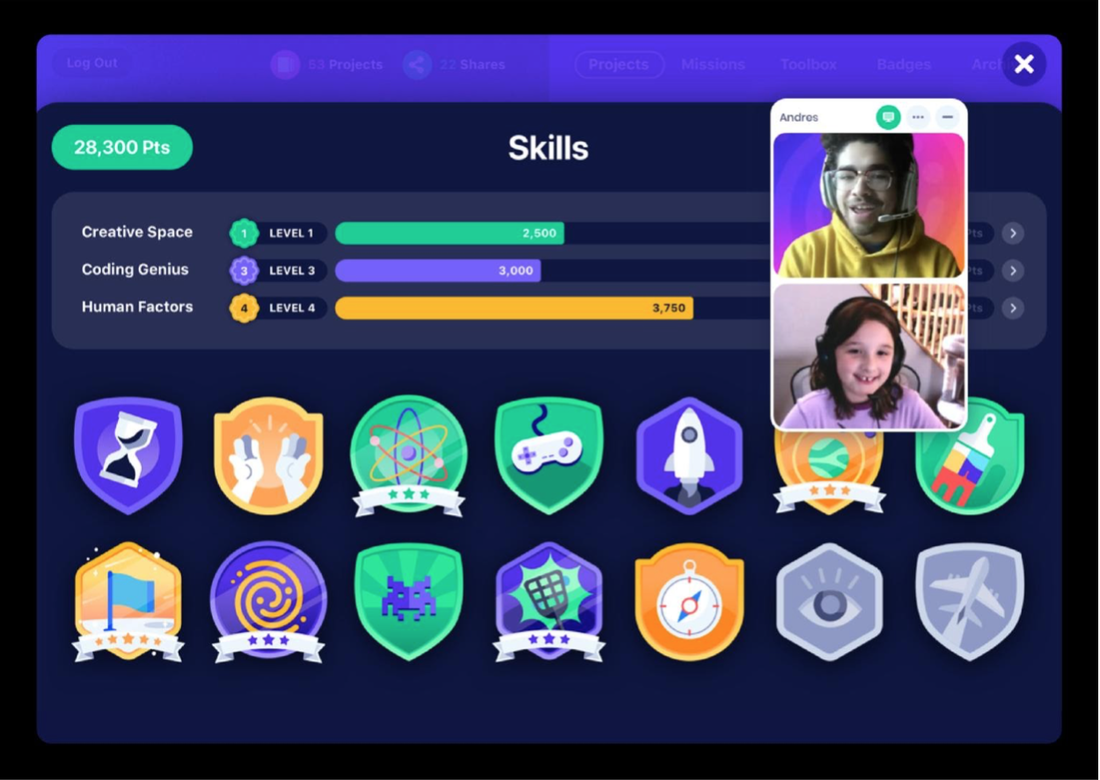

















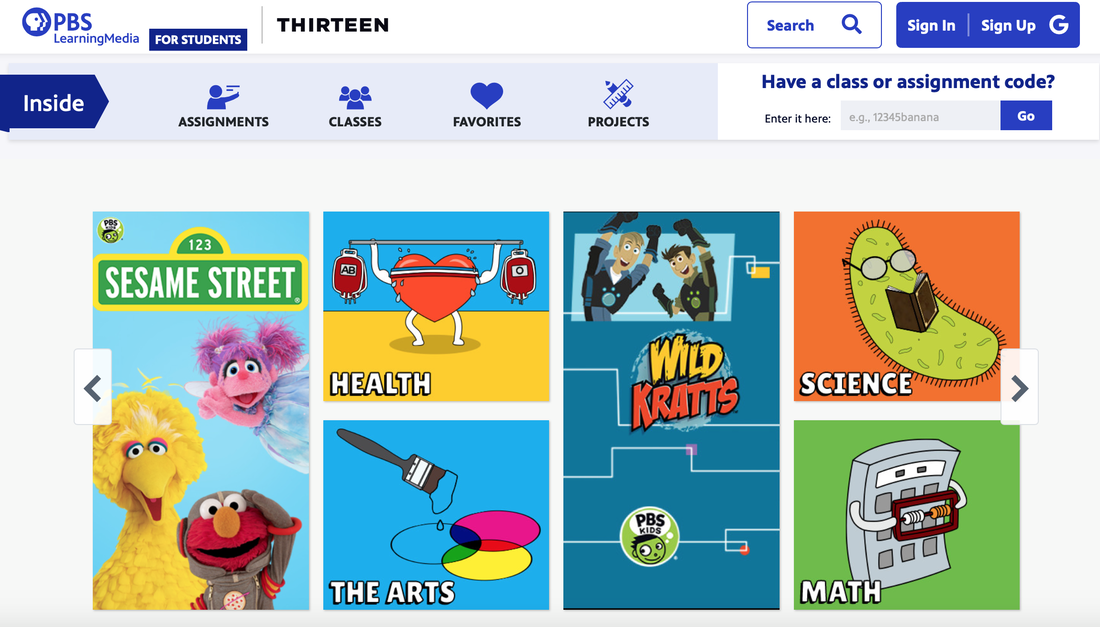



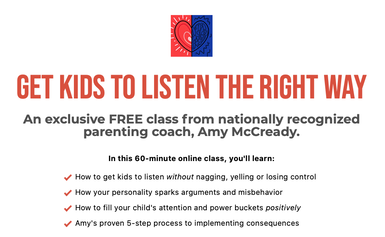



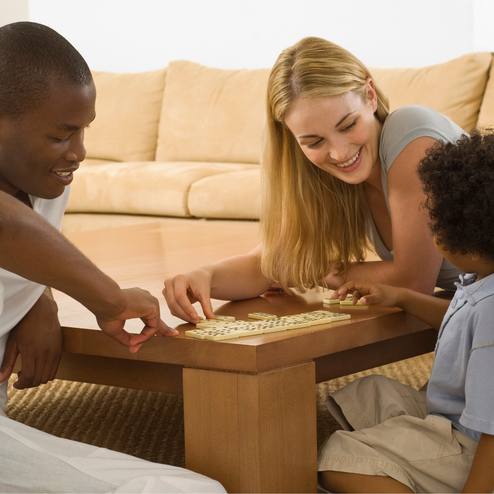

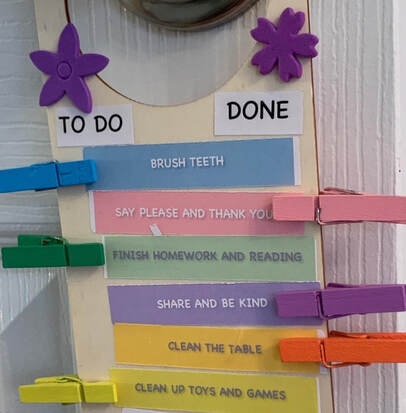









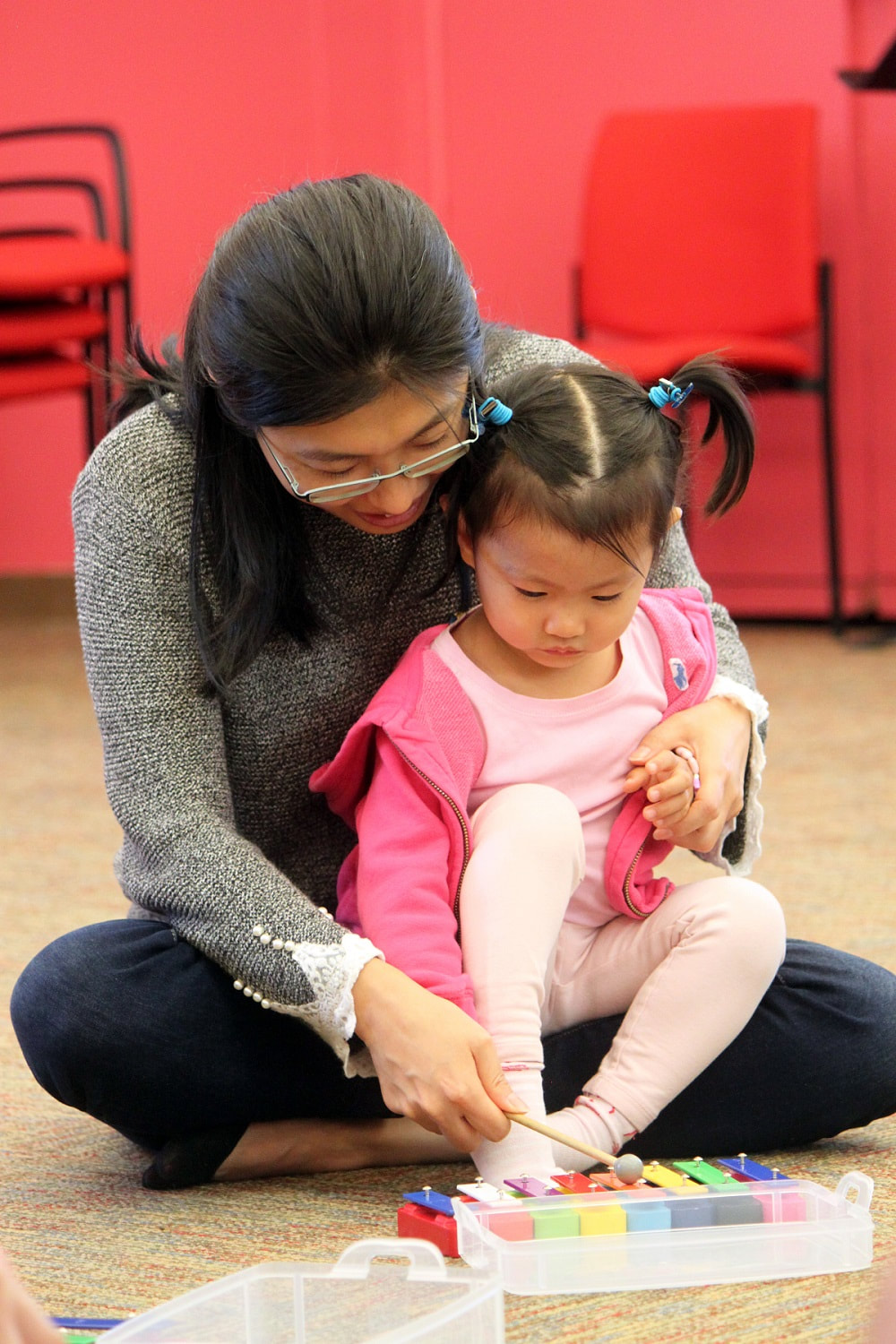

























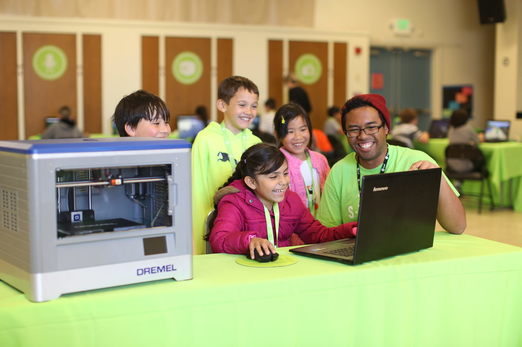




 RSS Feed
RSS Feed